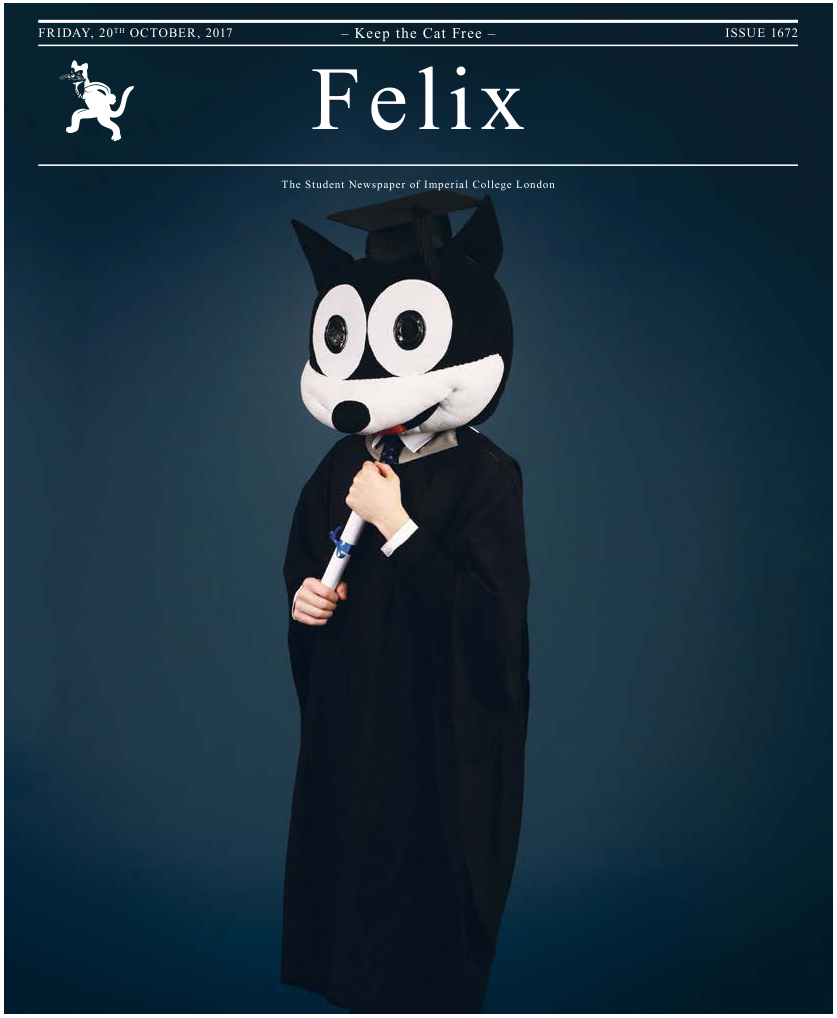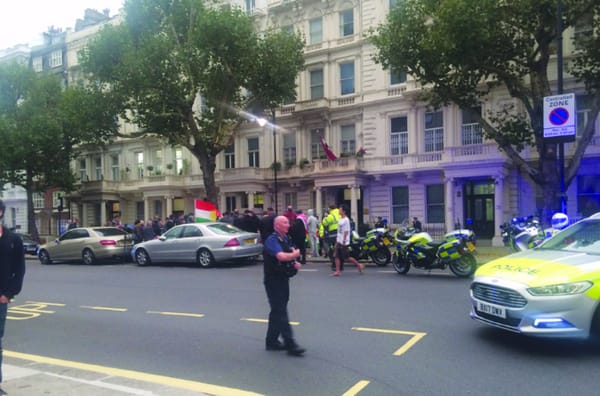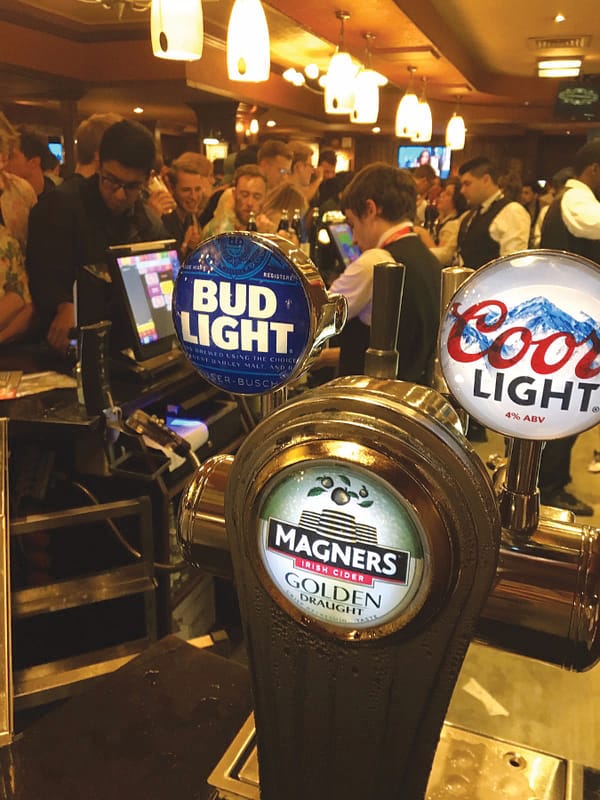Autumn Election sees record participation, but empty spaces on WBRN
Some students have raised concerns over a failure to fill some Wellbeing Rep. Network positions

Voting in Imperial College Union’s Autumn Elections closes today, following a week of the polls being open.
The elections, which are run each year, see the student body electing candidates in a number of positions. The major positions being contested are those in the Academic Representation Network (ARN), the Graduate Students Union (GSU), and the Wellbeing Representation Network (WBRN) – a new Union structure, modelled on the ARN, responsible for facilitating wellbeing support for students. Fintan O’Connor, Deputy President (Welfare) speaking to Felix, said he hoped the WBRN would “support a broader wellbeing strategy”.
Union Council Ordinary Members were also open to nominations, as well as a number of Constituent Union and Clubs, Society, and Project positions.
“The number of candidates increased 25% from last year”
At the time of writing, 390 candidates had put themselves forward for roles in the Elections, up from 312 candidates in last year’s elections – an increase of 25%. This increase can potentially be explained by the larger range and increased number of roles available. This increase in participation has been seen across all faculties: the Faculty of Medicine has fielded more than double the number of candidates from last year, from 33 candidates to 72.
The introduction of the WBRN seems to have had an effect on other areas, with a reduction in the number of students running in the ARN. This year only 183 students have put themselves forward for undergraduate ARN, compared with 242 in last year’s Autumn Elections. It seems likely that this is due to the increase in the number of representative positions in this election cycle. Overall, the number of candidates for ARN and WBRN combined is higher than those who ran for ARN last year. Some students Felix spoke to expressed concerns about the number of candidates running for positions in the WBRN: while 52 positions within the network have candidates in the election, there are 27 unfilled, including a number of Departmental Wellbeing Representatives. A couple of departments are notable for their lack of participants: Physics, for example, has nobody running for their Departmental Wellbeing Representative, or for their Year One, Two, and Four Wellbeing Representatives.
Of the positions with no candidates, a disproportionate number are those for third and fourth-year students.
“Some expressed concern about the 27 unfilled Wellbeing Rep. Network roles”
Some of the most contested positions were the Union Council Ordinary Members, with 49 students running for the 16 positions available, up from 16 candidates last year. Undergraduate positions were particularly popular, with 17 students running for the Engineering Ordinary Member (UG) roles, for example.
Other positions, however, had candidates running uncontested. Out of the 155 positions with candidates running, 69 of these had single candidates running unopposed.
Turnout is expected to be higher than last year’s, which was 14.71%: at the time of writing, 21.15% of students had voted, including 32% of undergraduate students.
In a statement to Felix, a Union representative said: “We’re pleased to see a record number of candidates in the Autumn Elections, including three times as many Council candidates and a 20% increase in people interested in our Representation Networks than this time last year. Postgraduate participation has also improved, with twice as many Business School students running for roles than last year and more candidates for the Graduate Students’ Union than in any point in its history. Thanks to our members, we are the most democratic students’ union in the UK, an achievement we are proud of.”
Voting closes noon, Friday 20th October.









